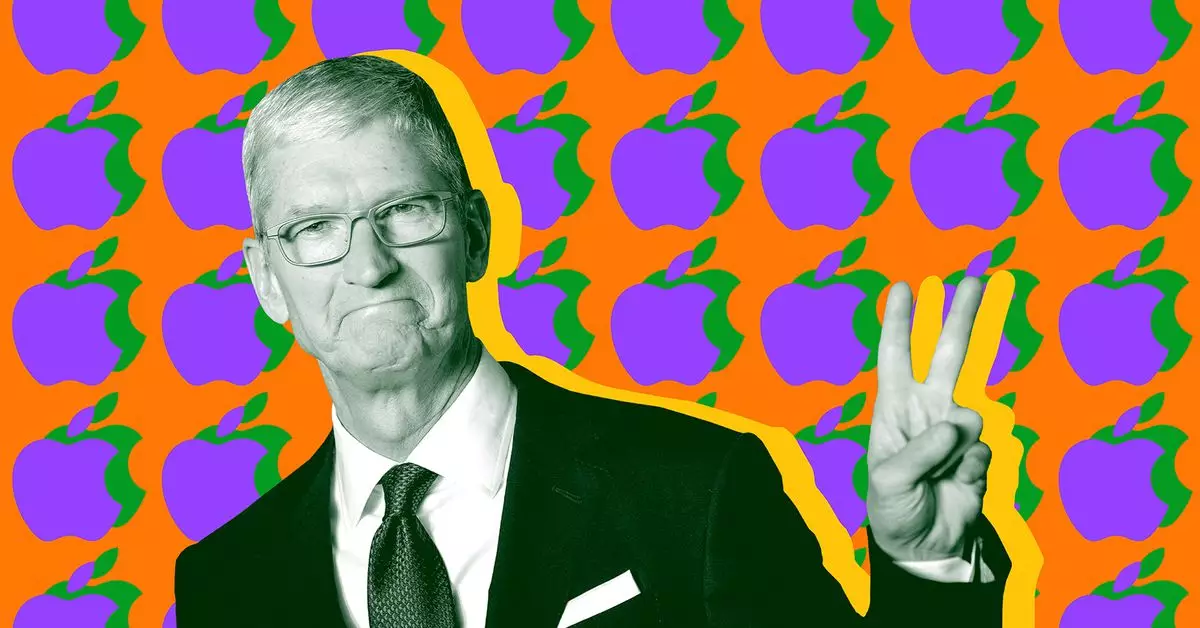In a rapidly evolving technological landscape, the political engagement of influential tech leaders has become a prominent topic of discussion. One notable example is Apple CEO Tim Cook’s recent decision to donate a substantial $1 million to President-elect Donald Trump’s inauguration committee. This move aligns Cook with several other industry heavyweights, such as OpenAI’s Sam Altman and Amazon’s Jeff Bezos, illustrating a growing trend where major tech executives seek to forge connections with political leadership. By financially supporting the inauguration, these CEOs appear to be aiming to align themselves with the incoming administration, potentially to influence policy directions favorable to their companies.
Tim Cook’s donation can be seen as more than just financial support; it reflects the cultivation of personal relationships between the tech titan and political figures. Cook has maintained a personal rapport with Trump, a connection that other executives seem to admire and wish to replicate. The dynamic between Cook and Trump is noteworthy; their interactions during Trump’s first term set a precedent for engagement that other tech leaders now seem eager to follow. Reports indicate that Cook has shared multiple face-to-face meetings with Trump, both at Trump Tower and Mar-a-Lago—a strategy that underscores the importance of personal relationships in the tech-political sphere.
The motivations for these donations are multifaceted and can vary from a genuine desire to participate in civic traditions to strategic positioning within overlapping circles of influence. Cook, touted as a strong proponent of American values and progress, reportedly views the inauguration as a celebration of democracy and unity. Nevertheless, skepticism arises regarding the sincerity of such contributions, especially when they are viewed as part of a broader corporate strategy. The question remains: are these donations genuine gestures of goodwill, or merely calculated moves to secure advantageous relationships with those in power?
The implications of these donations extend beyond personal networks; they hint at an evolving landscape where the boundaries between technology and politics are increasingly blurred. As tech giants like Apple and Amazon engage with government officials, concerns arise about potential corporate influence on public policy, regulatory practices, and ethical standards. Furthermore, these connections may trigger public scrutiny as to whether technology leaders prioritize company interests over civic responsibility.
Tim Cook’s $1 million donation to Donald Trump’s inauguration committee not only signifies a personal connection but also serves as a barometer for the evolving relationship between tech companies and political authority. As executives extend their influence into political realms, the industry must navigate the fine line between advocacy for innovation and maintaining ethical responsibility. The stakes are high, and as the tech industry continues to mature, the impact of such strategic actions will resonate long into the future.

